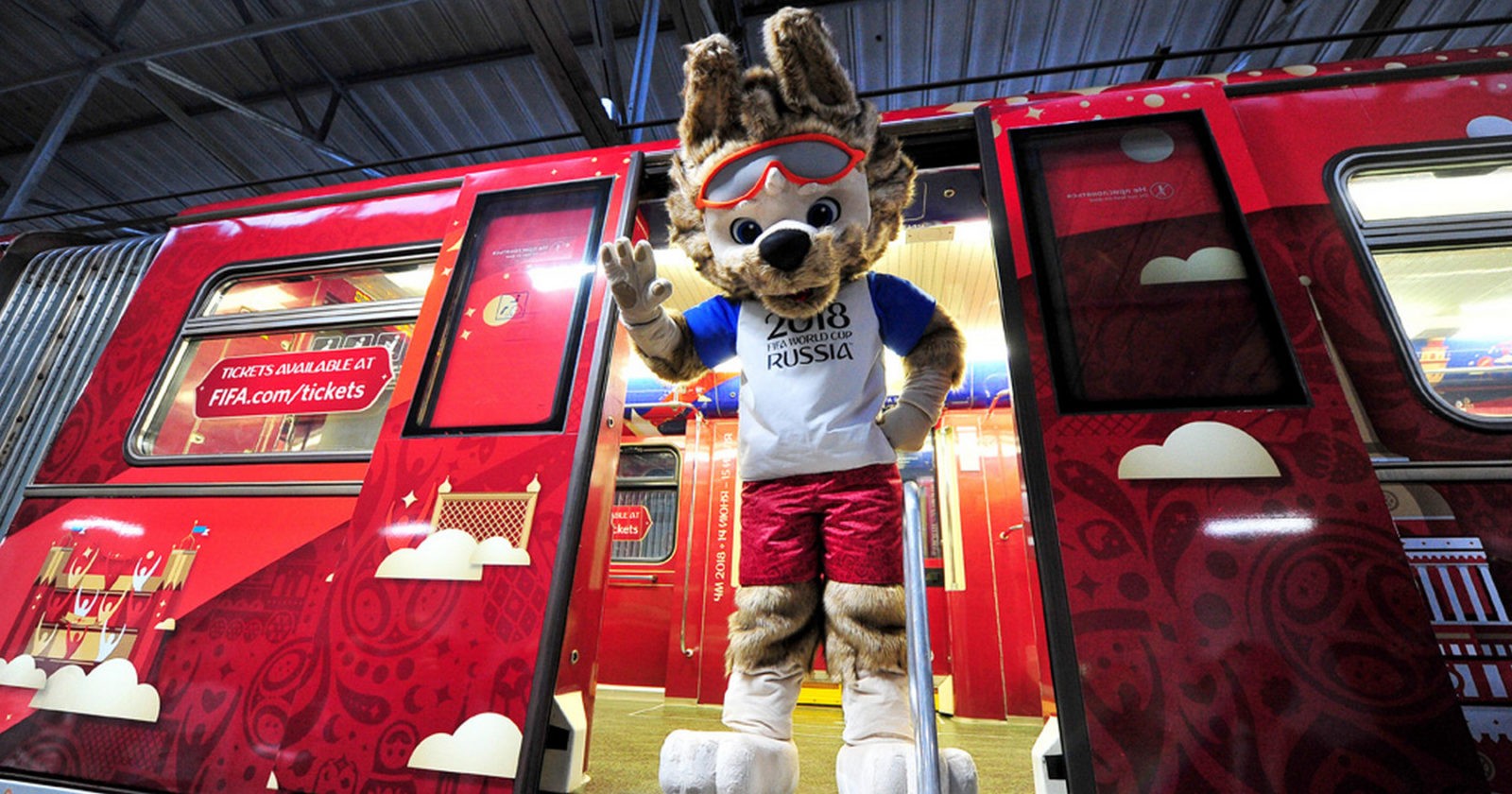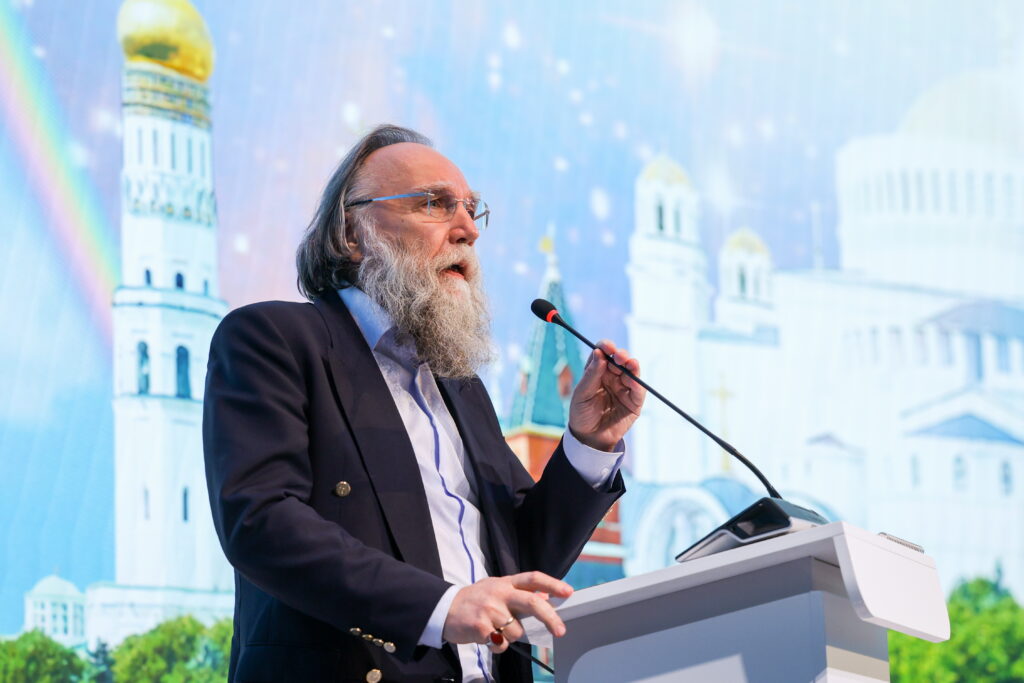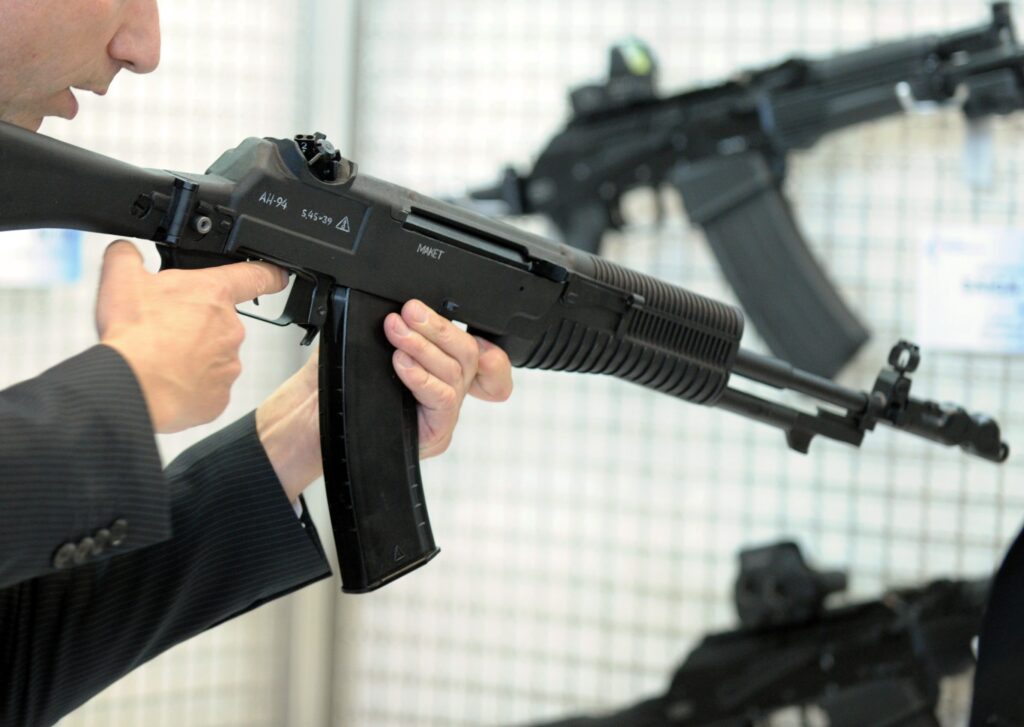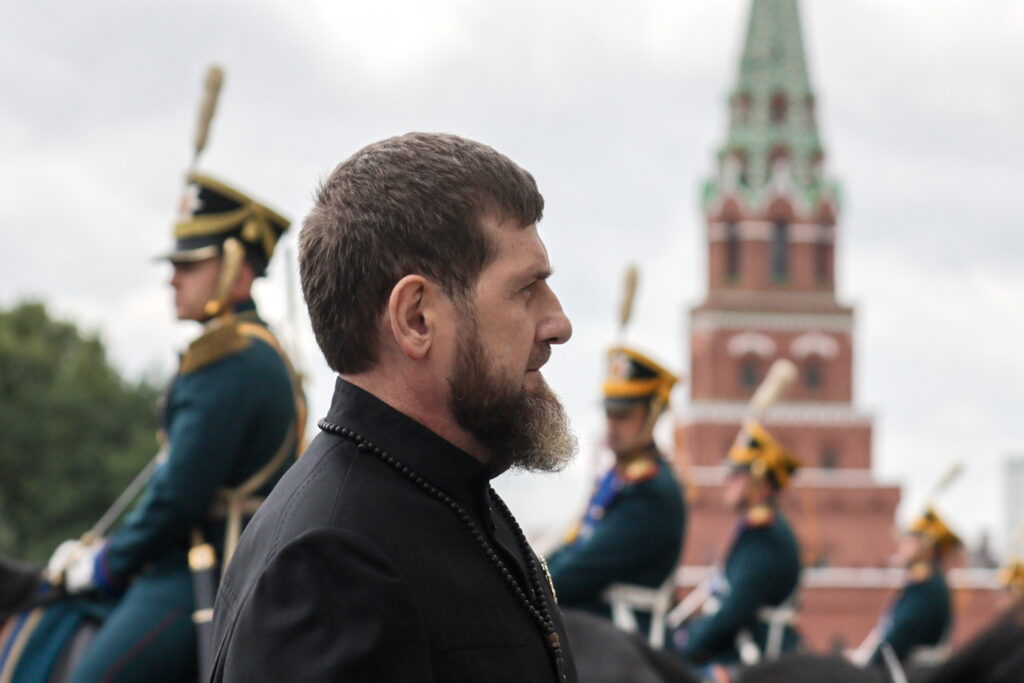Holding a mega sports event like the World Cup will change any country’s politics and policies. Any host must create a wealth of glittering new facilities and functional airports. But Russia is not a typical case. Its authoritarian regime and specific federal structure mean a different set of priorities. What matters most is image — projected both to its citizens and the rest of the world. That image must show a prosperous country in all corners, at least for a couple of weeks.
This shared prosperity does not exist in ‘ordinary life’. The authorities have chosen to hold World Cup matches in diverse regions and cities. They are diverse insofar as there are extreme differences in their economic well-being. This wealth disparity would never go unnoted by football fans. And so, with this in mind, the federal government had to invest money into the regions.
For a month or so, 11 cities in Russia have lived a decent life typical of a normal country. Without regional money or decent infrastructure, central planning was the only way. Although federal relations acquired new forms, their sense and meaning remained unchanged.
Money disputes and regions left to pick up the tab
As the World Cup drew near, Russia’s regions lost any right to enter into money disputes with the federal government. The main focus was not so much on current infrastructure expenditures. That tends to be federal responsibility anyway. Instead, it was on the follow-up money needed to maintain any new sports facilities. In St. Petersburg and Moscow these expenses may fit into local budgets. Their stadia will be used for high profile matches and concerts. Yet in Volgograd, Samara, Nizhny Novgorod or Rostov-on-Don, the situation is desperate. All such facilities are regional responsibility and regional budgets maintain them. Concerts here won’t do the trick.
A similar thing happened to Brazil’s regions after the 2014 World Cup. Regional debts began to rise already during the championship, leaping by 30% after the World Cup ended. The hopes to grow regional GDP and investments turned out to be futile. That mega sports event turned out to be an unprofitable venture for less developed territories outside the country’s capital.
Russian regions also paid for the construction projects. World Cup infrastructure absorbed roughly 13% of regional budgets. The largest spending figures were in Moscow and St. Petersburg. But even in regions with lower spending like Mordovia, a large residue of debts will remain. This will reduce opportunities for other investments, further complicating life for struggling regions.
28% of all investments in the World Cup preparations came from private sources. Federal bureaucrats love to boast about this figure, which is roughly 200 billion roubles. In practice ‘private investments’ often turn out to offer good kickbacks. These are reserved for what are best termed ‘befriended’ companies. A similar thing happened during the preparation of the 2014 Winter Olympics in Sochi. Now history is repeating itself.
Gennady Timchenko and Stroytransgaz won 33 billion roubles’ worth of government contracts to build several stadiums, according to Forbes. Viktor Vekselberg ‘invested’ almost 35 billion roubles in airports, having previously received 19 billion from Gazprom. Alisher Usmanov and his ‘Megafon’, under a contract with a Rostech subsidiary (4 billion), provide all the World Cup facilities with telephone communication and Internet. The long-suffering Zenit Arena was the source of 41 billion worth of contracts awarded to Oleg Deripaska’s Transstroi. Arkady Rothenberg, who gained ill fame for the scandals related to Sochi contracts, turned out to be the main winner in acquiring federal money (contracts for 351 billion roubles).
Similar stories surround all the ‘investment’ projects for the World Cup. Regional facilities were build not so much because of their commercial appeal. Rather, it was an opportunity to channel federal money.
The federal investments and the money from ‘investors’ went not only to sports facilities. They also went to vital transport infrastructure, roads, airports, and railway stations. These are essential, and exactly what these regions and cities need. By striving to attain international prestige, the federal government actually helped to organise ‘normal life’ for people living outside the major urban centres.
Undoubtedly, these practices cannot spread to the entire territory of the country. After all, these efforts were enormous and hard to complete even for the 11 World Cup cities. Quite possibly, if the regions had more freedom, the World Cup matches could have been held in more successful cities. Decisions could have followed economic logic rather than non-transparent central targets.
Permission to perform
In addition to federal transfers and their own expenditures, the regions had other burdens. They had a whole range of administrative duties for the duration of the World Cup. The focus centered on ensuring the safety and comfort of visiting fans.
During the World Cup, law enforcement bodies and courts are working in a state of emergency. The local authorities are drawing on all available resources. Public transport authorities have restricted certain routes or shortened them. Any dangerous production or construction is suspended for the month. In return, cities are now allowed to sell more alcohol. Most of these tasks are actually not privileges. Instead, they are costly obligations for the local authorities. They are enacting a specific federal law (‘On the preparation and holding of the World Cup.’) The regions are also following a presidential decree on enhanced security measures.
Centralised governance and administrative powers follow their own logic here. In the absence of money, no city other than St. Petersburg and Moscow would or could voluntarily suspend public transport. Neither would they redirect trucks, large buses and ships. No city would voluntarily prohibit production, all to organise a large-scale event for foreign tourists. After all, when allocating powers, any federal country has a problem. The federal centre wants to give as little money as possible to the regions on one hand. But on the other, wants to burden as heavy administrative responsibilities as possible. The result is a constant compromise and moves towards greater spending efficiency.
Yet this is the mechanism in democratic federations. In Russia’s case, the federal centre opts for full control and minimal efficiency. Regions and cities are struggling because of the economic crisis. Their own expenditures are too high, and they are hard pressed to live up to federal expectations. Among these are mandatory contributions to the regional sports infrastructure.
So they deal with major budgetary constraints and dependence on the central budget. If the World Cup works well, regions may score additional loyalty points. This may stand them in good stead vis-à-vis the federal centre. Future federal budgets may then look kindly on them. Debts may be written off. Under such conditions, administrative decentralisation is out of the question: regions and cities have hardly any incentives to engage in ‘decent’ management. There is no reason to build infrastructure to benefit their respective populations.
A vicious circle of centralisation
Once a country has begun to centralise power, it is hard to stop and introduce a balanced system. One reason is that the federal centre finds it difficult to stop its own steps to tighten control. In fact, the federal centre is not interested on all kinds of powers. Yet the centralisation of policies and budgetary allocations comes at a cost: the price is paid in real money for the inefficiency of regional budgets. Federal governments must also surrender control of administrative functions, since they are no longer viable.
What happens to cities and regions during the World Cup in Russia, in fact, follows the style of a unitary state. Sadly the infrastructure provided by the federal centre for these selected points on its territory, is not affordable. Neither to the centre or the territories. This is due to the crisis for the most part, but there is also another important factor. Russia cannot claim to be a unitary state. Its varied territories and heterogeneity make that impossible. A good airport and a decent railway station in every Russian city via central planning will not happen. Russia’s territories have no money to ensure their maintenance. Centralised management of transport and production from Moscow is only possible for a very short time. That true especially for Mordovia or more remote regions.
So can the center cope? The administrative and financial burden is a cumbersome and inefficient bureaucratic Titanic. The World Cup has brought some positive developments for some Russian cities in spite of this. But in the long run, the tournament has become another example of the inefficiencies of Russian federalism.










